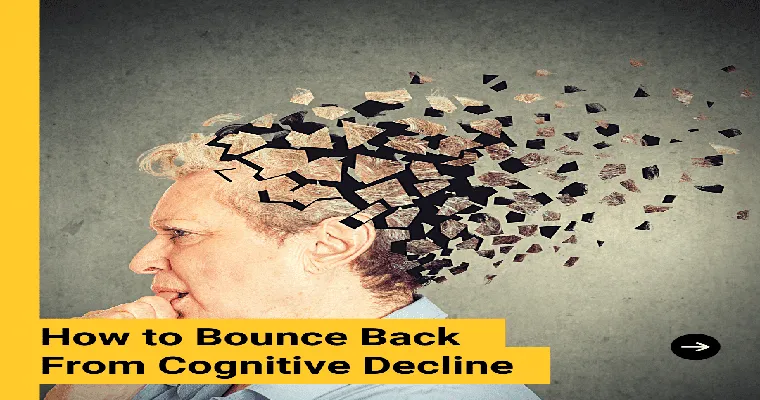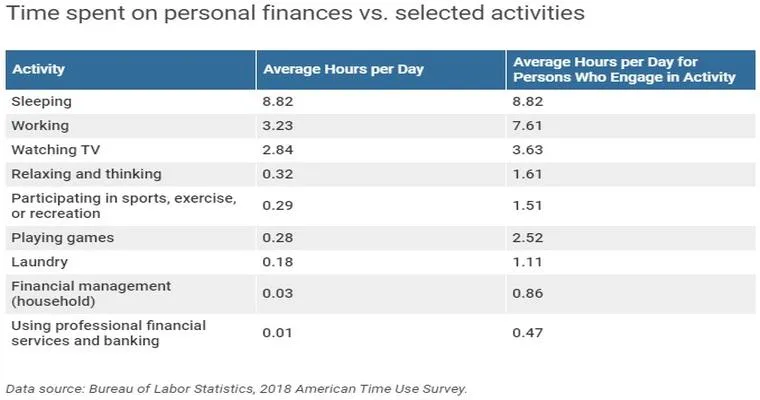Cognitive decline refers to the gradual loss of "memory", "thinking skills", and the ability to perform everyday tasks. It is a significant concern for many as it can affect quality of life and independence. As individuals age, the risk of experiencing cognitive decline increases, making it essential to understand its "causes", "symptoms", and effective "prevention" strategies.
What Causes Cognitive Decline?
Several factors contribute to cognitive decline. Age is the most significant risk factor, but other influences include:
1. "Genetics": Family history can play a crucial role in the likelihood of developing cognitive impairments.
2. "Medical Conditions": Diseases such as Alzheimer's, Parkinson's, and vascular dementia are known to cause cognitive decline.
3. "Lifestyle Choices": Poor diet, lack of exercise, smoking, and excessive alcohol consumption can negatively impact brain health.
4. "Mental Health": Conditions like depression and anxiety can also contribute to cognitive issues.
5. "Chronic Stress": Prolonged stress can lead to changes in brain structure and function, resulting in cognitive decline.
Symptoms of Cognitive Decline
Identifying the symptoms of cognitive decline early can help in managing the condition effectively. Common signs include:
"Memory Loss": Frequently forgetting recent conversations or events.
"Difficulty Concentrating": Finding it hard to focus on tasks or follow conversations.
"Language Problems": Struggling to find the right words during discussions.
"Disorientation": Losing track of time or getting lost in familiar places.
"Poor Decision-Making": Making uncharacteristic choices or exhibiting poor judgment.
Prevention Strategies
While some factors contributing to cognitive decline are beyond our control, several proactive measures can be taken to promote brain health:
1. "Healthy Diet": Consuming a balanced diet rich in fruits, vegetables, whole grains, and omega-3 fatty acids can support cognitive function.
2. "Regular Exercise": Physical activity increases blood flow to the brain and promotes the growth of new brain cells.
3. "Mental Stimulation": Engaging in puzzles, reading, or learning new skills can keep the brain active and healthy.
4. "Social Interaction": Maintaining strong social connections can protect against cognitive decline by providing emotional support and mental engagement.
5. "Stress Management": Practicing mindfulness, yoga, and relaxation techniques can help reduce stress and its impact on cognitive health.
Conclusion
Cognitive decline is a complex issue that affects many people, especially as they age. By understanding its causes and symptoms, individuals can take proactive steps to mitigate the risks. Emphasizing a healthy lifestyle, mental engagement, and strong social connections are essential components in the fight against cognitive decline. Remember, early detection and intervention can make a significant difference in maintaining cognitive health as we age.





